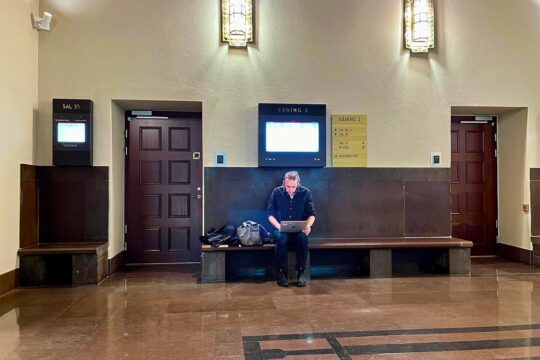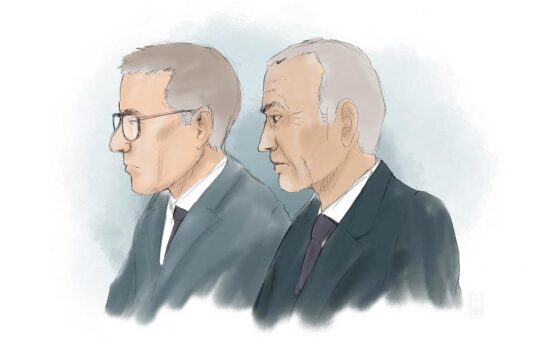The United States urged an immediate end to violence in South Sudan Sunday after fresh clashes left scores dead in the capital, threatening the young nation's shaky peace deal.
The battles are the first between the army and ex-rebels in Juba since rebel leader Riek Machar returned in April to take up the post of vice president under wartime enemy President Salva Kiir, following the three-year conflict that has killed thousands and sparked a humanitarian crisis.
The US State Department said it was ordering all non-essential personnel out of the country, and condemned reports that civilian sites had been attacked in the latest bout of violence, which left at least 150 soldiers dead on both sides. Local media gave a higher toll of around 270.
Washington pressed "both leaders and their political allies and commanders to immediately restrain their forces from further fighting, return them to barracks and prevent additional violence and bloodshed," State Department spokesman John Kirby said in a statement.
"The United States is determined to ensure appropriate measures are taken to hold accountable those responsible for continuing fighting and violations of international humanitarian law, including attacks on the UN Mission in South Sudan (UNMISS) and targeting of civilians."
The violence comes a day after the world's youngest country marked its fifth anniversary of independence, and is a fresh blow to the peace deal that has failed to end the civil war that broke out in December 2013 when Kiir accused his sacked deputy Machar of plotting a coup.
The latest clashes began Friday in Juba and continued over the weekend. City residents hunkered down or began fleeing their homes as the UN reported the use of mortars, rocket-propelled grenades and "heavy ground assault weaponry". Helicopter gunships and tanks were also deployed.
Washington's warning came as the United Nations Security Council held an emergency meeting, urging both sides to end fighting and calling for more peacekeepers.
The council's 15 member countries demanded Kiir and Machar "genuinely commit themselves to the full and immediate implementation of the peace agreement, including the permanent ceasefire and redeployment of military forces from Juba".
- 'Shocked and appalled' -
South Sudan's information minister Michael Makuei blamed the former rebels for the violence and insisted Sunday afternoon the government was "in full control of Juba".
Regional leaders, including from Kenya and Sudan, urged an end to the fighting and plan to hold a special summit in Nairobi on Monday.
UN Secretary General Ban Ki-moon said he was "shocked and appalled" at the resumption in fighting and urged both sides to halt the violence.
Makuei said Kiir would call for a ceasefire.
"We are expecting his excellency the president will issue a unilateral ceasefire, binding on his forces. We hope the First Vice President Riek Machar will follow suit," he said.
Aid workers said a UN camp housing around 28,000 people previously uprooted by the war had been caught in the crossfire, wounding some civilians.
A steady stream of people clutching children and possessions headed for the hoped-for refuge of another UN base close to the city's airport, only to find fighting erupting there as well. There were also reports of hundreds of South Sudanese crossing into neighbouring Uganda.
Kenya Airways suspended flights to Juba on Sunday, citing the "uncertain security situation".
South Sudan has seen more fighting than peace since independence in July 2011, and an August 2015 peace deal was supposed to end the conflict but fighting has continued despite the establishment of a unity government.
Tens of thousands have died in the violence, with close to three million forced from their homes and nearly five million survive on emergency food rations.
The humanitarian crisis has unfolded alongside an economic one with the currency collapsing and inflation spiralling out of control. The country's mainstay oil industry is in tatters and regional towns have been razed.


